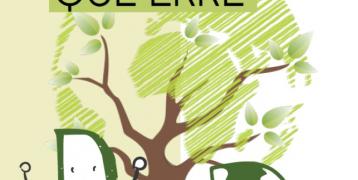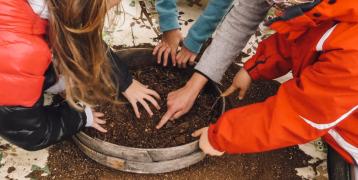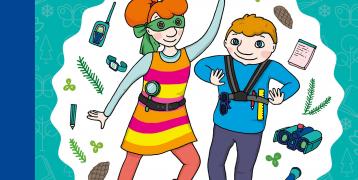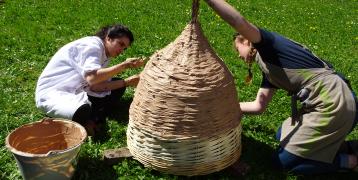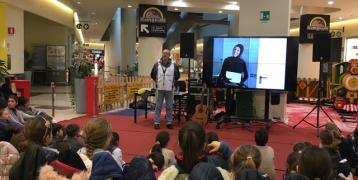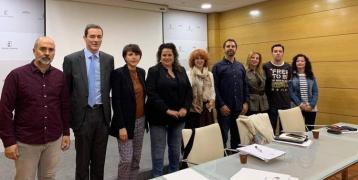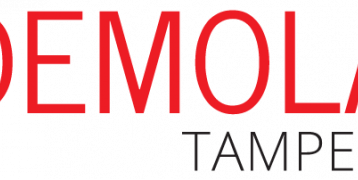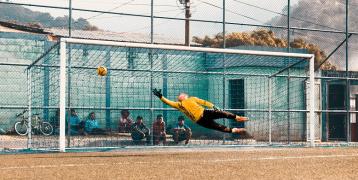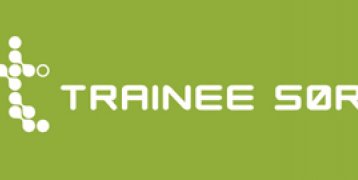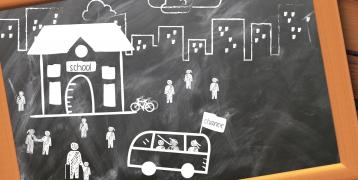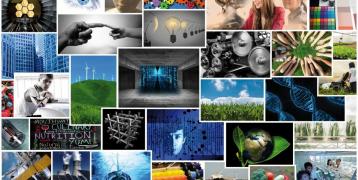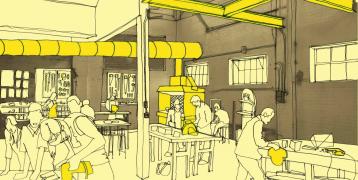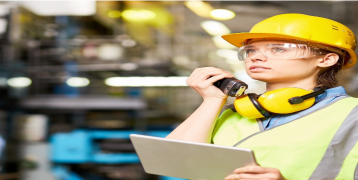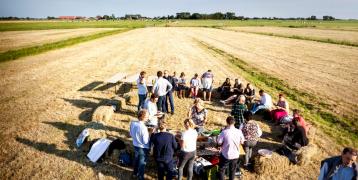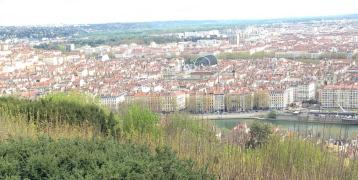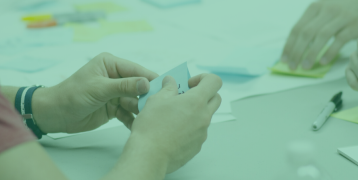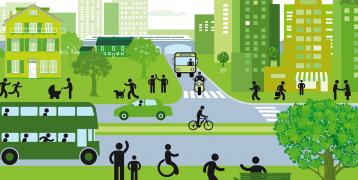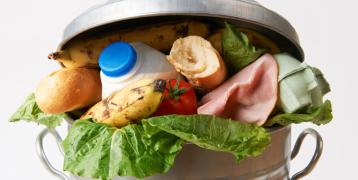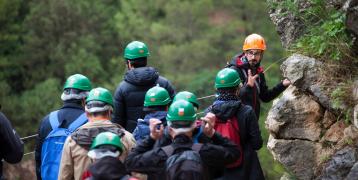The European Year of Youth through the eyes of our projects
From job training, employment and education to sustainability, the environment and community engagement, Interreg Europe projects are tackling the subjects that matter to young people.
2022 is the European Year of Youth. This year, we celebrate our projects making a difference for younger generations.
Among our 258 projects approved during the 2014-2020 programming period, we have 20 projects who have identified good practices relating to young people or have launched pilot actions or activities aimed at them.
These 20 projects’ good practices and pilot actions are on a variety of subject matters, but they fall mainly within three topics: smart, green and social.
Our top subjects? Raising awareness among school children for a greener Europe and issues around employment, training and job skills.
These results match what our latest summer interns had to say about our projects and their activities.
Raising awareness for a greener Europe
Six of our projects have identified good practices that help raise awareness among school children about the need to take care of our planet:
The subject matters of their good practices are wide ranging. They cover everything from waste reduction (water, food and energy) and the circular economy to respect for biodiversity and daily environmentalism.
Browse through the good practices below and see if they can help you tackle your regional challenge.

Circular economy Curriculum
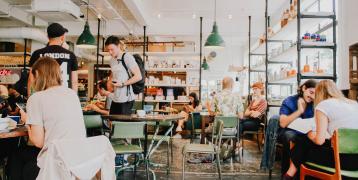
Pesa I pensa (Weight and Think)
Training, skills and employment
Our second ‘hottest subject’ is about youth employment and job skills. We have five projects who have identified good practices to deal with this policy challenge:
- DIALOG;
- Inside Out EU;
- Urban M;
- MARIE;
- And FEMINA.
The good practices mainly touch on vocational training plans and how businesses and universities can cooperate to help students get useful skills and real-world experience.
Have a look at their good practices, or submit your own.
Webinar series on youth-related issues
The Policy Learning Platform has put together two youth-related webinar series:
- One on workplace training and another
- On youth entrepreneurship.
Our thematic experts Mart Veliste and Luc Schmerber, spoke with partners from the projects FEMINA, InsideOutEU and START EASY about their good practices on the subject.
Go to the news articles below to discover the key learnings, watch the recordings and download the presentations.
What is the European Year of Youth?
The Commission has announced that 2022 is the European Year of Youth. This year, they intend, in cooperation with the European Parliament, Member States, regional and local authorities, stakeholders and young people themselves:
- To honour and support the young generation,
- To encourage all young people to become active citizens,
- To promote opportunities provided by EU policies for young people,
- And to draw inspiration from the actions, vision and insights of young people.
Read about the Commission’s programme of activities and youth strategy.

